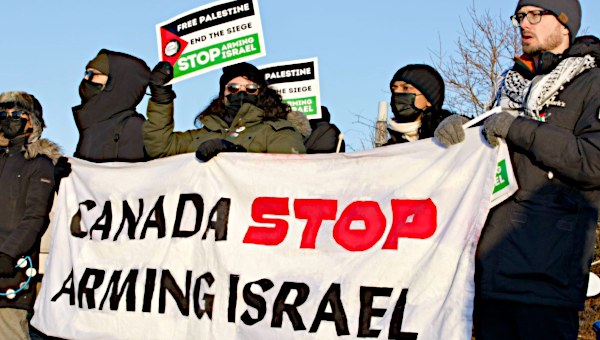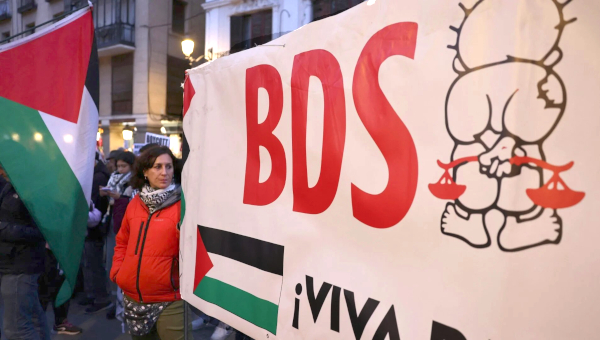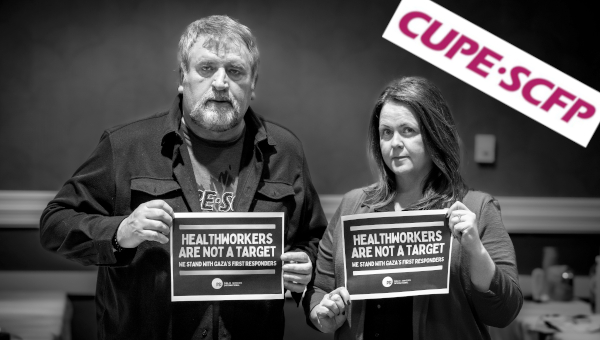What Israelis Won’t be Asking About the Palestinians Released for Hostages
Earlier today [Nov. 23], Israel and Hamas finalized the details of an agreement to pause hostilities in the Gaza Strip nearly seven weeks into the war. The deal includes a four-day ceasefire and an exchange of 50 Israeli hostages for 150 Palestinian “security prisoners,” with the possibility of further exchanges thereafter. These are terms that Hamas reportedly offered Israel weeks ago in the early phases of the war, but Prime Minister Benjamin Netanyahu preferred to wage an all-out assault on the besieged Strip, killing more than 14,000 Palestinians, before considering a deal – even at the detriment of the safety and wellbeing of the Israeli hostages.
Israel has published the names of 300 Palestinian prisoners that it is considering releasing as part of the deal or upon the freeing of more Israeli hostages, in order to allow for legal appeals in Israeli courts against the release of specific individuals. All of the hostages and prisoners to be exchanged at this stage are women and minors. Still, many among the Israeli right, and perhaps the wider public, believe that the government is making a significant concession by releasing dangerous “terrorists” for the sake of the few hostages.
Reading through the list of Palestinian prisoners slated for release, the first thing that strikes you is their ages. The vast majority of them – 287 – are aged 18 or under, including five as young as 14, which begs the question: how does a 14-year-old boy become a “security prisoner”?

Palestinian Political Prisoners
The names on the list include alleged members of Palestinian political factions like Hamas, Fatah, Islamic Jihad, and the Popular Front for the Liberation of Palestine (PFLP), as well as many who are not affiliated with any group. None were convicted of murder. Some were convicted of attempted murder, while the majority were charged with less significant offenses, including a large number who were arrested for throwing stones. One of them, a 17-year-old, has been behind bars for two years for throwing stones at an Israeli police vehicle in Jerusalem – the same city where Jewish settlers can carry out riots against Palestinians that rarely end in investigations, let alone arrests.
Most of all, the list is a dizzying testament to just how central detention and imprisonment are to Israel’s occupation and control over Palestinians. According to data from the Israeli human rights group HaMoked, as of November 2023, Israel holds 6,809 “security prisoners.” Of these, 2,313 are serving a prison sentence; 2,321 have not yet been convicted in court; 2,070 are being held under administrative detention (indefinitely imprisoned without trial or due process); and 105 are “illegal combatants” who were arrested during Hamas’ October 7 attacks in southern Israel.
Almost all of the 300 Palestinians being considered for release are relatively new prisoners, arrested in the last year or two. The exceptions are 10 women from Jerusalem and the West Bank who have been imprisoned since 2015-17, most of them on charges of attempting or committing stabbing attacks against Israeli security forces – some of which ended without any harm, while others caused minor to moderate injuries.
All of this, it should be recalled, is overseen by the same judicial system that, among countless other examples, decided to close the case against an Israeli settler who stabbed a young Palestinian to death in May 2022 because “it was not possible to rule out [the suspect’s] version that he acted in self-defense.” It is the same system that, in July of this year, acquitted an Israeli police officer who shot dead Iyad al-Hallaq, an autistic Palestinian man, despite clear testimonies and video evidence proving he was unarmed and made no threat of any kind.
This is in addition to the fact that Palestinian “security prisoners” are judged in a separate military court system that boasts a conviction rate of between 95 to 99 percent. Lenience, in the eyes of the Israeli apartheid regime, is a right reserved for Jews only.
Weapons Like Candy
While Jews who riot, attack, and even kill Palestinians are immune from prosecution, the prisoners list reminds us that Palestinians can be arrested wholesale based solely on the “intention” to carry out a violent act. One of those on the list, a 45-year-old woman from Jerusalem, has been in prison for more than two years because “she was caught in the Old City with a knife in her hand,” and “said that she intended to carry out an attack.” Meanwhile, Israel’s Kahanist national security minister is urging Jews to arm themselves while handing out weapons like candy, and many right-wing Israelis are writing countless messages, in public and private, gleefully announcing their intention to “murder as many Arabs as possible.”
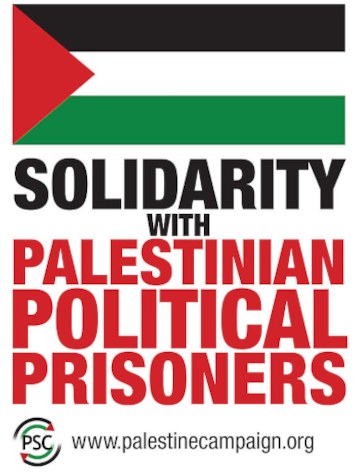
Sometimes “intent” doesn’t even appear on the list of charges. An 18-year-old from Jerusalem was “arrested along with others because he cried out ‘Allahu Akbar.’” An 18-year-old woman from the West Bank has been imprisoned for months for “incitement on Instagram.” Among the Israeli public in contrast, explicit calls for genocide are considered a legitimate way to raise the national morale, while Palestinians with Israeli citizenship may be arrested for posting something as simple as a photo of shakshuka next to the Palestinian flag.
Of the indictments listed, only a few are related to the use of weapons and opening fire on Israeli forces (and even in these cases, there were no fatalities). The vast majority of incidents involve throwing stones or Molotov cocktails, shooting fireworks, and causing “public disorder.” Was it worth letting Israeli hostages, women, and children, languish in Gaza for a few more weeks for the sake of continuing to imprison a young man who dared to cry “God is great?”
Of course, this list is composed of “soft” prisoners, who won’t arouse as much public opposition, while Palestinian prisoners who have been charged with far more severe and deadly crimes remain in Israeli jails. But the 300 names that Israel was able to put together – almost all of them young, arrested in the last two years, and doing time for some form of popular resistance – should lead to some reflection among Israelis.
There is, after all, a clear connection between the heavy-handed suppression of any expression of Palestinian opposition, and the strengthening of armed groups that see violence as the only way to seriously challenge their occupiers. But this would require the Israeli public to finally grasp the basic fact that as long as oppression continues, resistance will inevitably continue as well. •
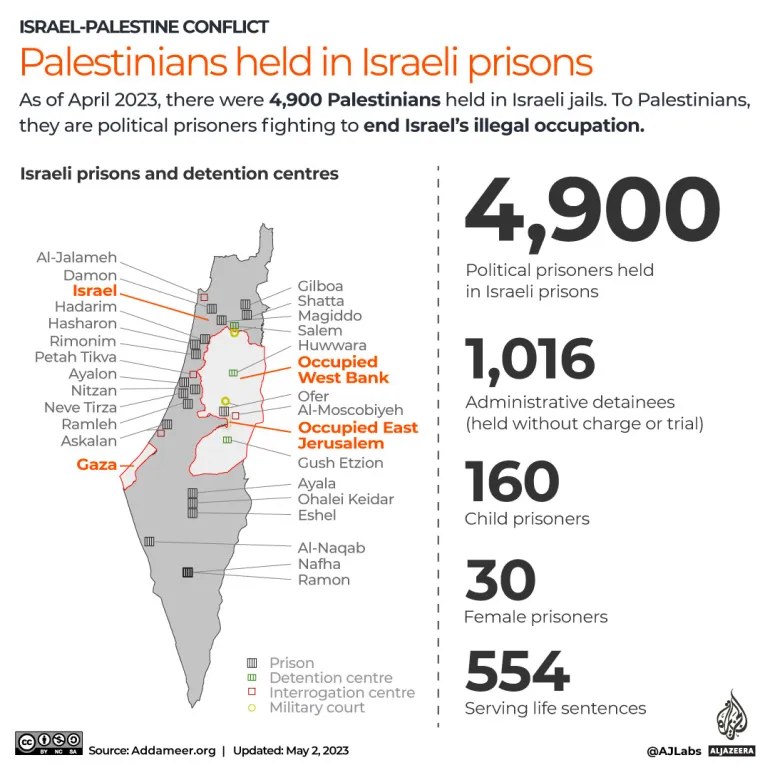
This article first published on the +972 Magazine website.


